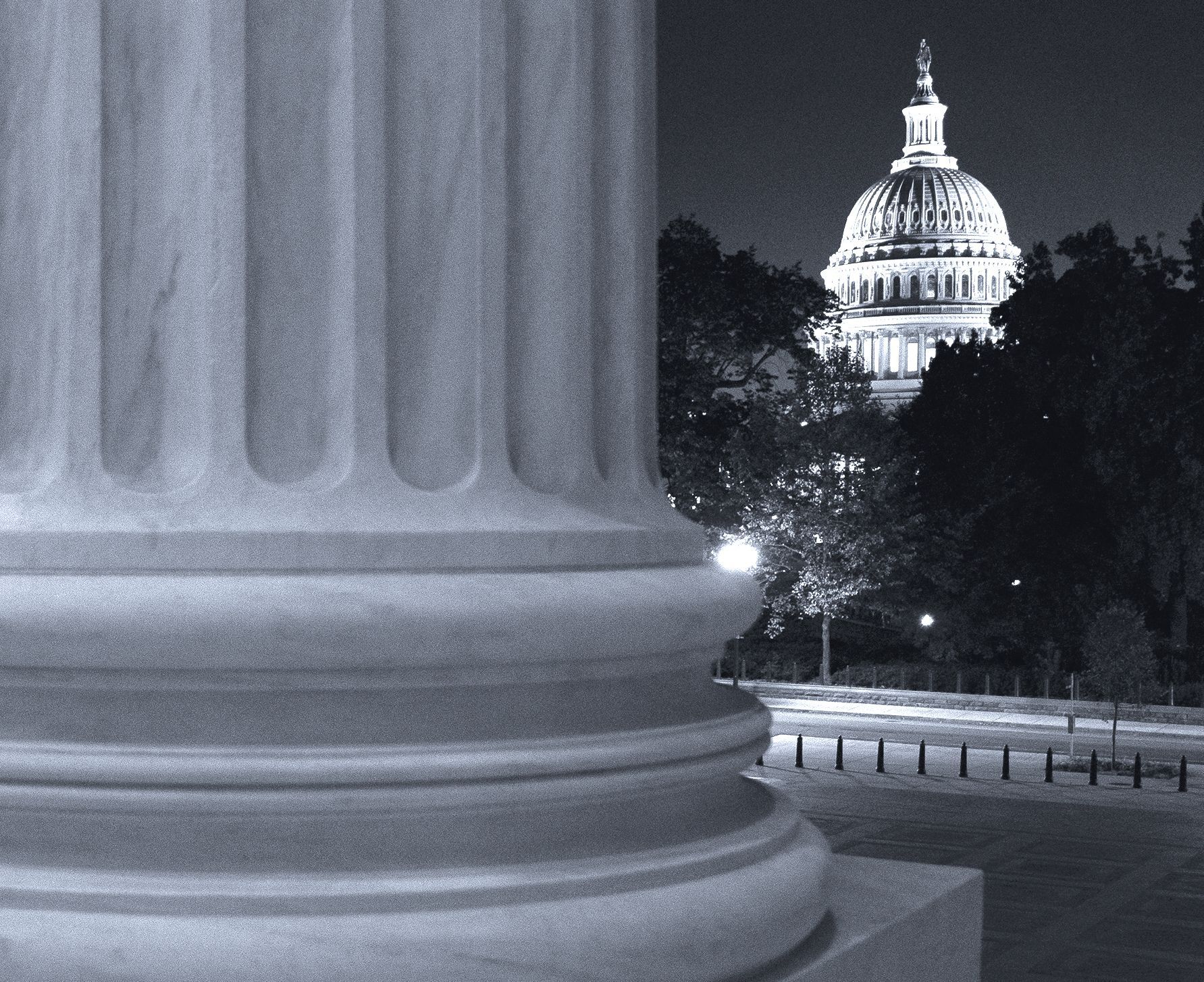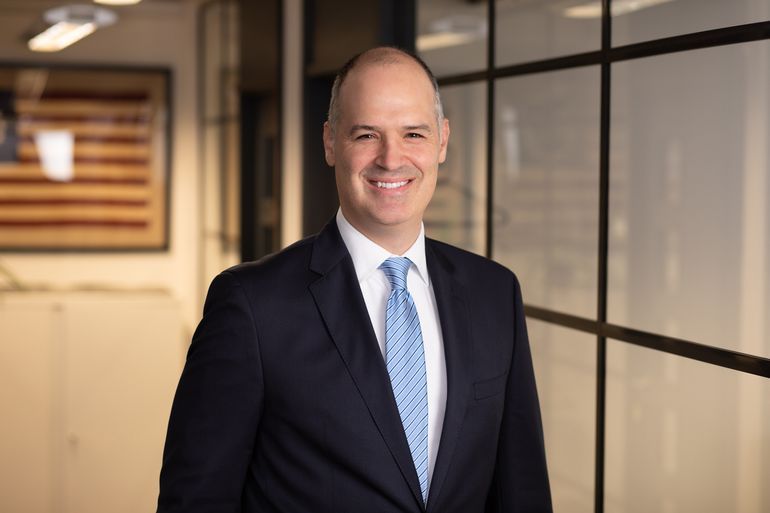
Last month, the U.S. Department of Justice (DOJ) announced that it would not charge MilliporeSigma, a life sciences company, even though one of its employees falsified export documents. The DOJ declined to prosecute MilliporeSigma because the company voluntarily self-disclosed the violations to the DOJ quickly and subsequently provided substantial cooperation.
This case marks the first time that the DOJ’s National Security Division (NSD) declined to prosecute a company under its recently revised Enforcement Policy for Business Organizations (the NSD Enforcement Policy). This decision illustrates that corporations can benefit if they voluntarily self-disclose potential violations and cooperate with the DOJ. It also echoes Deputy Attorney General Lisa Monaco’s remarks from her March 7, 2024, speech at the American Bar Association’s 39th National Institute on White Collar Crime when she said that “a resolution will always be more favorable with voluntary self-disclosure.”
This client alert discusses MilliporeSigma’s underlying conduct; how MilliporeSigma handled its internal investigation, voluntary self-disclosure to, and cooperation with, the DOJ; the factors that the DOJ considered when deciding not to charge MilliporeSigma; and how companies should consider handling similar situations.
Background
From July 2016 to May 2023, Gregory Muñoz, a MilliporeSigma salesperson, conspired to falsify export documents and sell heavily discounted biochemical products from MilliporeSigma to buyers in China. Muñoz falsely represented to MilliporeSigma that his co-conspirator, Pen Yu, was affiliated with a Florida university’s biology research lab. In reliance on these false statements, MilliporeSigma gave Yu millions of dollars’ worth of discounts for his orders of biochemical products. In exchange, Yu gave Muñoz bribes totaling over $100,000.
After MilliporeSigma shipped the biochemical products to Yu’s lab, another co-conspirator, who worked as a stockroom employee at the university, diverted the packages to Yu. Yu then repackaged the biochemical products, falsified export documents by misstating the shipments’ contents, and shipped them to China.
MilliporeSigma’s Investigation and Cooperation
Eventually, MilliporeSigma’s compliance team flagged Yu’s orders as suspicious. Upon doing so, the company promptly retained outside counsel and began an internal investigation. Within one week, the company voluntarily disclosed the potential misconduct to the NSD. The DOJ’s press release announcing the declination and charges against Muñoz and Yu noted that MilliporeSigma self-disclosed the allegations “well before [outside] counsel had completed their investigation and understood the full nature and extent of the scheme.”
After submitting a voluntary self-disclosure, MilliporeSigma cooperated with DOJ by proactively identifying and producing documents that helped DOJ obtain search warrants for individuals’ residences and electronic devices. The company’s cooperation helped investigators quickly identify and charge Yu and Muñoz.
DOJ’s Response
While Muñoz and Yu each pleaded guilty to one count of wire fraud conspiracy for their roles in the scheme, MilliporeSigma received a declination letter from the NSD, which is a highly favorable outcome for the company.
In its press release, NSD cited five key factors that informed its decision to decline to charge the company:
- MilliporeSigma’s timely and proactive self-disclosure;
- MilliporeSigma’s exceptional cooperation, which included disclosing all relevant facts about the misconduct and agreeing to provide ongoing cooperation;
- The exports in question did not pose a significant threat to U.S. national security;
- MilliporeSigma’s prompt termination of Muñoz and improvement of the company’s internal controls and compliance program; and
- MilliporeSigma was a victim of the scheme.
These five factors closely mirror the language of the NSD Enforcement Policy, published in March 2024. The NSD Enforcement Policy identifies: (1) self-disclosure of potential violations of export control or sanctions laws; (2) full cooperation; and (3) timely remediation. The decision to issue a declination highlights DOJ’s commitment to incentivize companies to voluntarily self-disclose any potential criminal violations. DOJ has consistently stressed the importance of enforcing export controls and sanctions violations and has previously stated that sanctions are viewed as “the new FCPA” (Foreign Corrupt Practices Act). The DOJ also has emphasized that it will seriously consider a company’s actions following the discovery of illegal activities when deciding on the appropriate enforcement response.
Key Takeaways
This declination is a crucial reminder that publicly traded companies, universities, and other entities should be vigilant in building effective compliance programs, investigating potential violations, and engaging in timely remediation.
- Invest in compliance: The first line of defense is always a company’s compliance department and in-house legal team. Companies should ensure that they have sufficient compliance personnel as well as adequate policies and procedures in place to detect possible violations.
- Swiftly retain outside counsel: While a company’s in-house resources are a good first line of defense, as MilliporeSigma discovered, compliance issues can turn into full-scale federal criminal investigations. In those cases, it is essential to have outside counsel with experience investigating potential violations and a keen understanding of the nuances of the self-disclosure process.
- Think about remediation while you investigate: Ultimately, the crisis will subside, and a company will begin moving past its internal and, possibly, government investigation. Companies should think about remediation while they are investigating the misconduct. This can help a company under investigation address all gaps in its compliance program and ensure that it does not receive a corporate monitor. Outside counsel can help evaluate the company’s systems, policies, procedures, trainings, and employee operations to ensure that this problem does not happen again.
For more information on DOJ’s policies, how to establish or bolster your compliance program and internal controls, how to respond to a government investigation, or any related matter, please contact a member of the white collar crime, government investigations, and national security practices at Wilson Sonsini Goodrich & Rosati.
- Privacy Policy
- Terms of Use
- Accessibility



